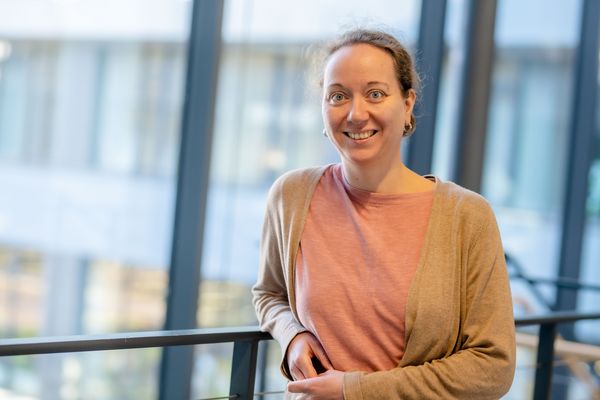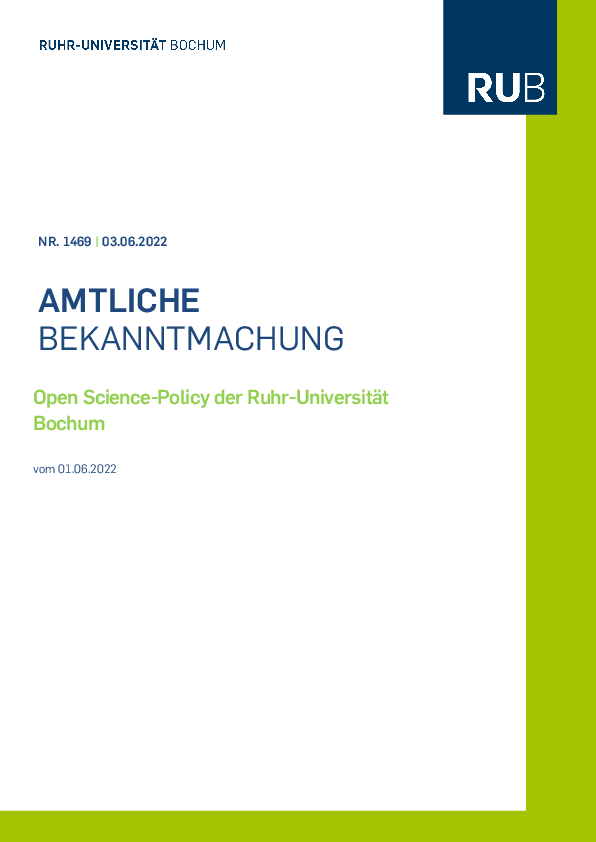- You are here:
- Startseite
- About
- About Open Science
Opening up Science as a Cultural Change
What is Open Science and What Does It Mean for Me as a Scientist
Open Science is a cultural shift that aims to make research more open and transparent. We put a special focus on it to raise your awareness of one of the most important ongoing discussions in research.
+++ UNIC Open Science Summer+++
Join different events on open science and learn about important aspects for your research. Find the whole program and more information here.
Why Open Science?
Open Science?! That means
- faster and free access to scientific knowledge
- better verifiability of research results
- the bundling of resources
- the support of joint initiatives
- increasing trust in science
- interaction with the public
With the information offered on these pages, the Research School aims to inform you about the developments that are summarised under the term "Open Science". The focus is on the central topics of
- research data management,
- open access
- and public engagement.
These presentations are intended to give you the opportunity to get an idea of these developments and to reflect on them against the background of your own academic activities. The homepage also serves to bundle the offers for research data management, open access and public engagement that are already available on campus and at the Research School, and to provide you with contacts.
If you would like to find out more about Open Science, this page offers you an overview of central Open Science platforms and central funding bodies with their corresponding guidelines.
Why is Open Science important for me as an early career researcher?
- Higher visibility for scientists
- Demands by the funding bodies
- Reuse and participation is made possible
- Confidence in research is maintained/established/increased/renewed
What exactly is Open Science?
We follow the definition of the FOSTER project, which understands Open Science as initiating a cultural change in the way research is conducted. It follows the principles of participation, fairness, equity and sharing of knowledge. It aims to make research more open to participation, review, accountability and (re)use of research results and processes. Open Science will help organise research so that others can participate and contribute, that research data, methods and processes are freely available, and that research knowledge, including the underlying data and methods, can be reused, redistributed and reproduced.
While most relevant, research-related aspects of Open Science such as Open Access publishing, research data management and public engagement are established in most research fields, others such as open peer review or open metrics and impact are still under discussion.
Learn more about Open Science in general here.
Key areas of Open Science
The main areas where doctoral students and postdocs can relate to Open Science are in the areas of research data management, open access and public engagement.
- Open Access
Free and unpaid access to scientific publications on the internet - Research Data Management
Research Data Management (RDM) helps to create reusable data - Public engagement
Interaction of scientists with non-specialists around their own research
- Open Access
Free and unpaid access to scientific publications on the internet - Research Data Management
Research Data Management (FDM) helps to create reusable data - Public engagement
Interaction of scientists with non-specialists around their own research
- International Research Marketing
- Governance
- SYLFF-Mikrokolleg
- Research Academy Ruhr
- Map of International Research Activities (MIRA)
- About Open Science
Approach us
Do you have experience with Open Science and would like to share it with us? We look forward to hearing from you!
Your contact:

Personal Checklist
- Which questions arise for me as a doctoral student/postdoc?
- Is Open Access accepted in my field of research?
- What added value do I expect from Open Access etc.?
- Does making data available have a negative impact on my research?
- What possibilities do I have to communicate my research outside the scientific community?
Open Science in Teaching
Find more information on Open Educational Resources here.



